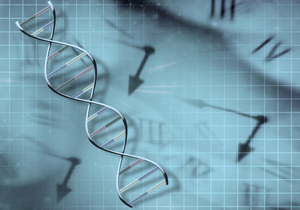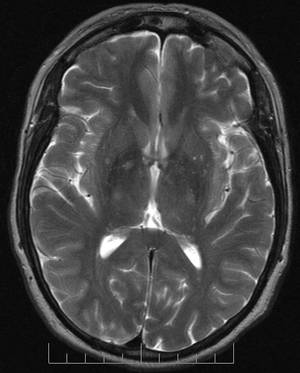They clarify the genetic characteristics of inflammatory bowel disease in the Basque population
2022/03/02 Galarraga Aiestaran, Ana - Elhuyar Zientzia Iturria: Elhuyar aldizkaria

Based on the patients of San Sebastian and Cruces, a study on the genetic characteristics of inflammatory bowel disease, led by the genetics of the Koldo García Etxebarria Biodonostia Health Research Institute, has been published in Scientific Reports, which indicates that the investigation of the genetic bases of this disease in the Basque population is interested in its peculiar gene structure. The work of researchers has been to analyze whether and how this peculiarity affects the disease.
In fact, inflammatory bowel disease manifests itself mainly in two ways: Crohn's disease (anywhere in the digestive system) and ulcerative colitis (especially in the colon). Researchers are not yet fully aware of the biological mechanisms that lead to these diseases, but it is known that some people have a greater genetic predisposition to develop them as a result of certain environmental factors. In fact, 200 gene regions have been identified that may be related to them.
However, according to García, the influence of these gene regions varies greatly from population to population, even having nearby populations: “Therefore, we found it interesting to analyze how to bring that genetic knowledge and how to use it to take previous steps in personalized medicine.”
Thus, 500 patients from the hospitals of Donostia and Guretzeta and 5 million genetic variants of over 900 controls from the Basque biobank have been analyzed through an association analysis of the entire genome. “This is the first time this disease has been studied in the Basque population using this technique,” said García.
The analysis has enabled the detection of 33 disease-related gene regions. Some have been detected in other populations but others have not. In addition, different genes that have a variable influence between populations, including the LRRK2 gene or tremor, have been specifically studied. And they have realized that the genetic variants that intervene in colitis or its effect is slightly different in the Basque population. García explains this: “It is known that the gene region in which the genes of the immune response are located is, by effect of the environment, variable depending on the population and, therefore, the frequency of the genetic variants found there is variable. Consequently, it is quite logical to detect different gene variations in colitis.”
In addition, all this genetic information has been used to calculate the risk of developing these diseases. It has been observed that, in general, the predictive capacity of inflammatory bowel diseases is high, as well as the prediction of Crohn's disease in particular. “Colitis, on the other hand, gave us greater headaches,” García says.
Therefore, García has said that they must continue to conduct studies and refine models, and that they need larger samples to arrive at more solid conclusions. However, it has considered an important first step in the path of personalized medicine.
Read the detailed explanations of researcher Koldo García Etxebarria on his blog.

Gai honi buruzko eduki gehiago
Elhuyarrek garatutako teknologia






